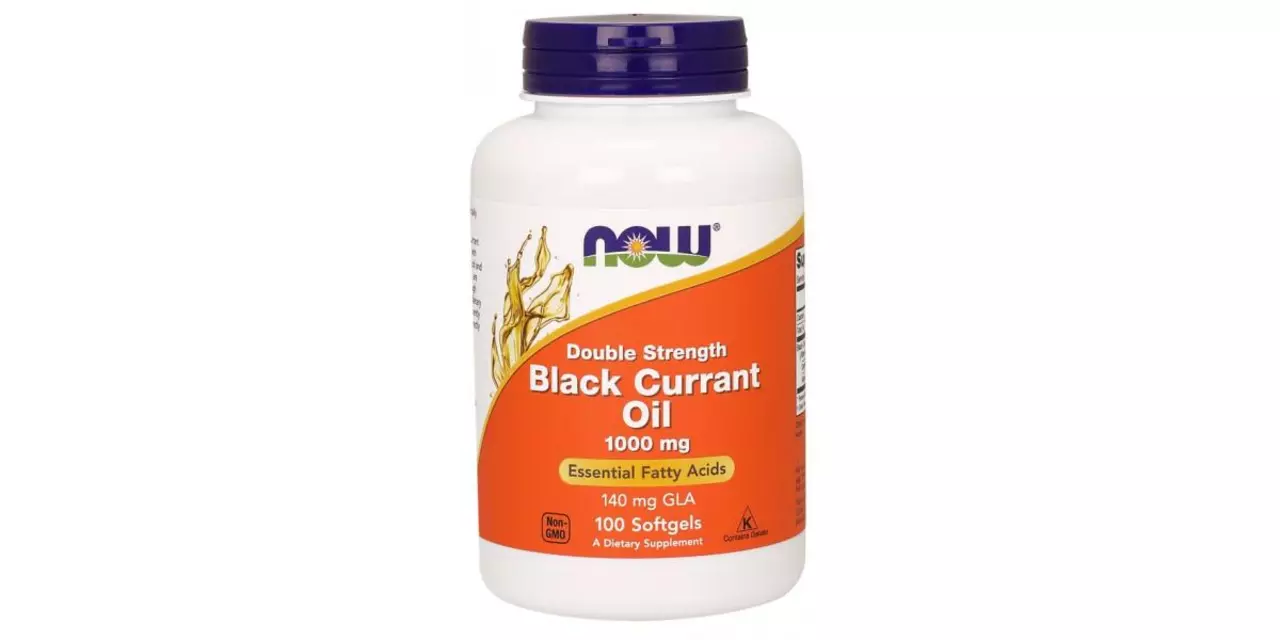Black Currant: Benefits, Uses & Safety Tips
If you’ve ever passed a berry stand and wondered why black currants get such hype, you’re not alone. These dark‑purple gems pack more punch than many fruits, and they fit easily into everyday meals or supplement routines.
Nutritional Highlights
One cup of fresh black currants delivers a solid dose of vitamin C—about twice what an orange offers. That means stronger immunity and better skin health without chasing a glass of juice. They’re also rich in anthocyanins, the pigments that give them their deep color. Anthocyanins act like antioxidants, helping your body fight free‑radical damage that can speed up aging.
Beyond vitamin C and anthocyanins, black currants provide potassium, iron, and a handful of B vitamins. The fiber content supports digestion, keeping you regular without feeling bloated. For athletes or anyone who trains hard, the combination of electrolytes and antioxidants makes them a handy post‑workout snack.
How to Add Black Currant to Your Diet
You don’t need exotic recipes to reap the benefits. Toss a handful of fresh berries into your morning oatmeal or blend them into a smoothie with banana and yogurt. If fresh fruit is out of season, frozen black currants work just as well—just make sure there’s no added sugar.
For those who prefer pills over produce, look for standardized black currant extract capsules. A typical dose ranges from 300 mg to 600 mg per day, taken with food to avoid stomach upset. Start low, see how you feel, then adjust if needed.
Cooking with black currants is also easy. Their tart flavor brightens sauces for meat, especially pork or game, and they make a vibrant jam that pairs well with cheese. Just simmer the berries with a splash of water, a touch of honey, and a pinch of lemon juice until thickened.
Remember to watch your portion size if you’re counting carbs. A cup has about 15 grams of sugar—natural, but still something to consider if you have diabetes. Pairing the berries with protein or healthy fats can slow sugar absorption and keep blood glucose steady.
Safety-wise, black currants are generally well‑tolerated. Some people experience mild stomach cramps or a runny nose when they first try large amounts—think of it as your gut adjusting to extra fiber. If you’re on blood thinners like warfarin, check with a doctor because the high vitamin K content could interfere with medication.
Pregnant or breastfeeding women should stick to food‑grade black currants rather than concentrated extracts, just to be safe. Kids can enjoy them as a snack, but keep portions kid‑friendly—about a quarter cup is plenty.
Bottom line: Black currants are a nutrient‑dense fruit that supports immunity, eye health, and recovery. Whether you eat them fresh, blend them into drinks, or pop an extract capsule, they’re an easy way to boost your diet without spending a lot of time in the kitchen.
Try adding a small serving today and notice how the bright flavor and extra nutrients fit into your routine. Your body—and taste buds—will thank you.

